|
7th Grade Core Required Classes

7th Grade English (Year Long)
NCES: Language Arts (grade 7) courses build upon students’ prior knowledge of grammar, vocabulary, word usage, and the mechanics of writing, and include the four aspects of language use: reading, writing, speaking, and listening. Beyond emphasizing different uses for language, these courses may also include using language (particularly written text) to construct meaning and connections. Specific content depends upon state standards for grade 7.
This year-long course is designed to integrate and enforce skills in the areas of reading, writing, speaking and listening. Students will be required to complete writing samples (argument). Students will also be assigned novels and shorter pieces of literature to read, analyze and apply knowledge throughout the school year.
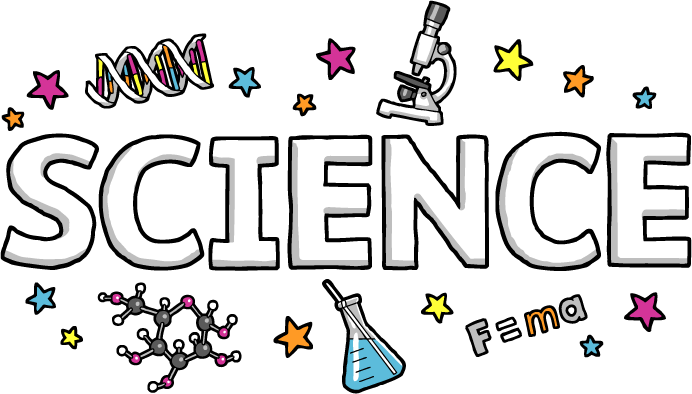
7th Science - Life and the Environment (Year Long)
NCES Description: Life Science courses cover the basic principles of life and life processes. These topics may include cells, species, ecosystems, reproduction, genetics, or other topics consistent with state academic standards for life science.
In this course, students will overview common strands in life science including: scientific inquiry, scientific processes, diversity of living organisms, structure & function of cells, heredity, ecosystems, ecology, biological evolution, and the interaction of matter and energy as it pertains to biological processes.
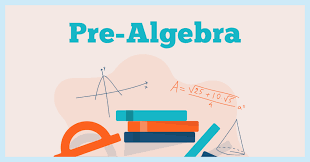
7th Math - Pre Algebra (Year Long)
NCES: Pre-Algebra courses increase students' foundational mathematics skills and prepare them for Algebra I by covering a variety of topics, such as properties of rational numbers (i.e., number theory), ratio, proportion, estimation, exponents and radicals, the rectangular coordinate system, sets and logic, formulas, and solving first-degree equations and inequalities.
Develop understanding of and applying proportional relationships
Develop understanding of operations with rational numbers and working with expressions and linear equations.
Solving problems involving scale drawings and informal geometric constructions working with 2 and 3 dimensional shapes involving area, surface area and volume.
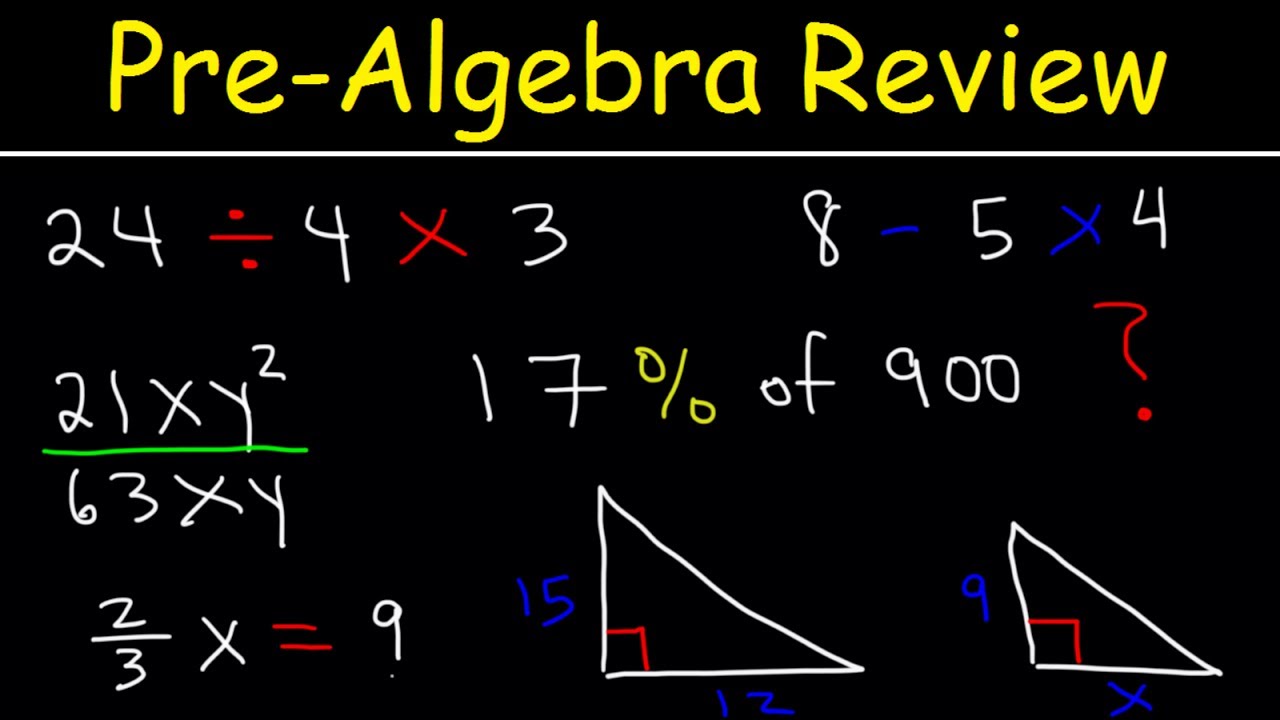
7th Advanced Pre Algebra (Year Long, test in required)
Advanced Mathematics 7 is tailored for students who exhibit exceptional mathematical ability. In this course, students will not only master grade-level standards, but also explore and engage with concepts typically introduced in 8th grade. Through engaging activities, problem-solving exercises, and real-world applications, students will develop a strong foundation in mathematical principles and problem-solving skills that will prepare them for future academic challenges.

7th Jr. High Ancient Global Studies (Year Long)
World History—Overview courses provide students with an overview of the history of human society from early civilization to the contemporary period, examining political, economic, social, religious, military, scientific, and cultural developments. World History—Overview courses may include geographical studies, but often these components are not as explicitly taught as geography.
Students will be engaged through daily activities, classroom projects, multimedia activities.
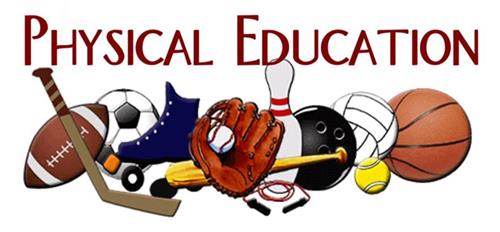
P.E. (Year Long)
Physical Education—General courses involve content that is not grade differentiated and may apply to a range of consecutive grades (e.g., "by third grade, students should know and be able to do…"). These courses include content that may be applicable to states or localities that do not employ grade-level content standards. [These courses provide broad content that is not organized as described elsewhere (i.e., Physical Education, early childhood education through grade 8)
Recreation lifetime skills will offer the student the opportunity to further develop basic to advanced life time sports skills. It will further the student’s development in muscular strength, endurance, cardiovascular endurance, flexibility and muscle compared to body fat through a variety of life time sport activities specific to strength, mobility, coordination and endurance.

7th Health ( Semester)
Health Education (grade 7) courses emphasize the knowledge and skills that promote sound bodies and minds, prevent disease and dysfunction, and reduce risk. Topics typically involve nutrition and healthy eating habits; growth and development; injury prevention and safety; mental, emotional, and social health; alcohol, tobacco, and other drugs; physical activity; community health; and factors that influence health. Specific content depends upon state standards for grade 7.
Course includes instruction in the areas of safe living, stress/stress management, physical fitness, and nutrition and will assist students to acquire the knowledge and skills necessary to develop appropriate safe-living, stress/risk taking, physical fitness and nutritional behaviors
8th Grade Core Requirements
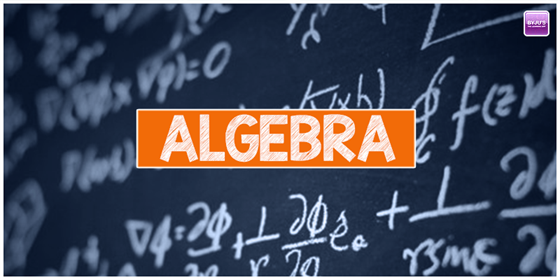
Algebra/Geometry (Year)
NCES: Principles of Algebra and Geometry courses combine the study of some pre-algebra and algebra topics with introductory geometry topics. These courses include the study of formulas, algebraic expressions, first-degree equations and inequalities, the rectangular coordinate system, area, perimeter, and volume of geometric figures, and properties of triangles and circles.
This course is meant to cover 8th grade Common Core State Standards, including expressions and equations, functions, and geometry.
Formulate and reason about expression and equations.
Grasp the concept of a function to describe relationships.
Analyze two and three dimensional space and figures and apply the Pythagorean Theorem.
Algebra I Hs Credit ( Test in required, year course)
NCES Description: Algebra I courses include the study of properties and operations of the real number system; evaluating rational algebraic expressions; solving and graphing first-degree equations and inequalities; translating word problems into equations; operations with and factoring of polynomials; and solving simple quadratic equations.
This curriculum emphasizes a multi-representational approach to algebra, with concepts, results, and problems being expressed graphically, analytically, and verbally. It develops algebraic fluency by providing students with the skills needed to solve equations and perform important manipulations with numbers, variables, equations and inequalities. Students will represent a variety of functions as tables, graphs and equations. In addition, the course develops proficiency with solving linear, quadratic, exponential, and systems of equations by various methods and applying them to practical applications. The skills learned in algebra 1 prepare students for the coursework for the rest of their high school and college careers.

English (Year)
NCES: Language Arts (grade 8) courses build upon students’ prior knowledge of grammar, vocabulary, word usage, and the mechanics of writing, and include the four aspects of language use: reading, writing, speaking, and listening. Typically, these courses use various genres of literature to improve reading skills, and they link writing exercises for different purposes to those reading selections. Specific content depends upon state standards for grade 8.
This year long course is designed to integrate and enforce skills in the areas of reading, writing, speaking and listening. Students will be required to complete writing samples (argument). Students will also be assigned novels and shorter pieces of literature to read, analyze and apply knowledge throughout the school year.
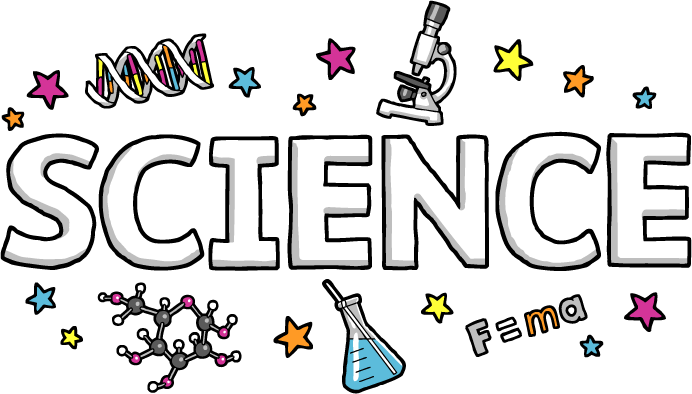
Science - Earth Space and Engineering (Year)
NCES Description: Earth Science courses offer insight into the environment on earth and the earth’s environment in space. While presenting the concepts and principles essential to students’ understanding of the dynamics and history of the earth, these courses usually explore oceanography, geology, astronomy, meteorology, and geography.
This Earth/Space and Engineering Science course introduces students to the study of the earth from a local and global perspective. In this course, students typically learn about latitude and longitude, mapping, atmosphere, weather, climate, earth structures, space, principles of matter, and energy transfer. Advanced topics often include the study of the use of remote sensing, computer visualization, and computer modeling to enable earth scientists to understand earth as a complex and changing planet.
Additionally, students will engage in engineering projects relating to the natural processes they learn about, incorporating design, revision, technology, and collaborative skills.

U.S. History (Year)
NCES: U.S. History—Comprehensive courses provide students with an overview of the history of the United States, examining time periods from discovery or colonialism through World War II or after. These courses typically include a historical overview of political, military, scientific, and social developments. Course content may include a history of the North American peoples before European settlement.
This course is designed to cover American History from European Colonization through Reconstruction. Course content areas include Historical Knowledge, Historical Thinking, Geography, Civics and Government.
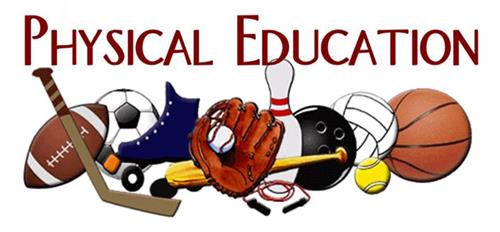
P.E. (All year)
NCES: Physical Education—General courses involve content that is not grade differentiated and may apply to a range of consecutive grades (e.g., "by third grade, students should know and be able to do…"). These courses include content that may be applicable to states or localities that do not employ grade-level content standards. [These courses provide broad content that is not organized as described elsewhere (i.e., Physical Education, early childhood education through grade 8).]
Recreation lifetime skills will offer the student the opportunity to further develop basic to advanced life time sports skills. It will further the student’s development in muscular strength, endurance, cardiovascular endurance, flexibility and muscle compared to body fat through a variety of life time sport activities specific to strength, mobility, coordination and endurance.

8th Health (semester)
NCES: Health Education (grade 8) courses emphasize the knowledge and skills that promote sound bodies and minds, prevent disease and dysfunction, and reduce risk. Topics typically involve nutrition and healthy eating habits; growth and development; injury prevention and safety; mental, emotional, and social health; alcohol, tobacco, and other drugs; physical activity; community health; and factors that influence health. Specific content depends upon state standards for grade 8.
Course includes instruction in the areas of safe living, stress/stress management, physical fitness, and nutrition and will assist students to acquire the knowledge and skills necessary to develop appropriate safe-living, stress/risk taking, physical fitness and nutritional behaviors.
|